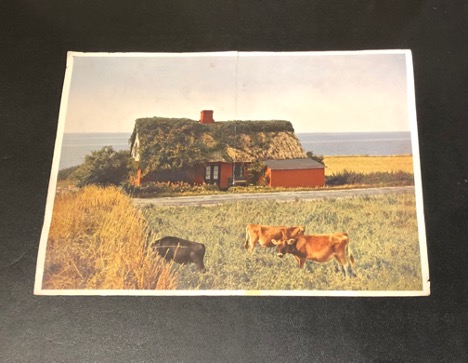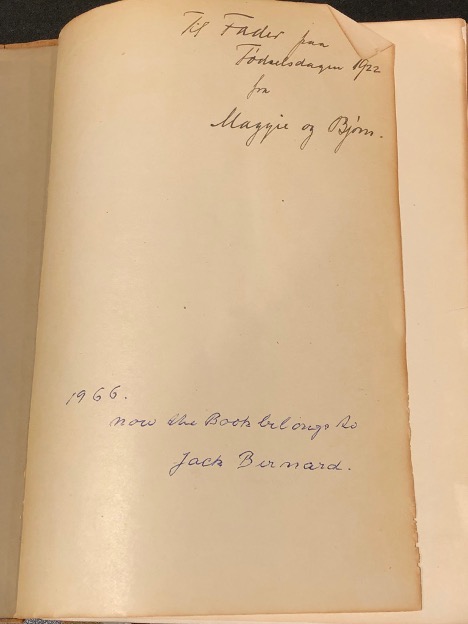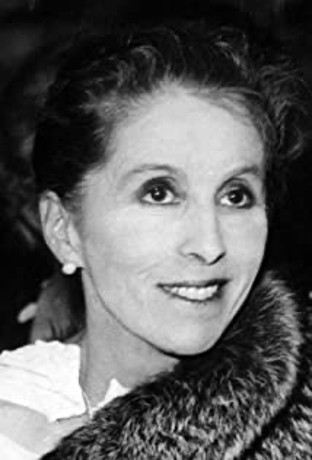
Coffee, according to the women of Denmark, is to the body what the Word of the Lord is to the soul.
Isak Dinesen aka Karen Blixen
Sometimes I’m overwhelmed by the mystery of personal connections. Six degrees of separation is just the tip of the iceberg. I never met Karen Blixen, but I knew a friend of hers, and the way we met and its consequences remain one of those enduring mysteries.
In the winter of 1965, I was four months into a solo tour of Europe. I had traveled around southern Europe and the Middle East but wanted to see Germany and Scandinavia as well. It wasn’t the best time of year to visit, but I thought it might be my only opportunity. I flew from Istanbul to Frankfurt, took the train to Berlin, and after a few days there, opted to take the train to Copenhagen. That meant riding an East German train to the Danish ferry at Warnemunde. I thought it would be an adventure for an ex-US Marine to ride through the “evil empire.” But first I had to get from West Berlin to the station in East Berlin and transfer to the East German train.
I was alone and unsure of how to transfer when my West German train arrived at the Bahnhof in East Berlin. I climbed on the wrong train but the platform conductor noticed my mistake and helped me find the right one and get settled in a compartment. The only other passenger in the compartment was an older woman, and just before departure the conductor came back to whisper something to her. Later, she told me his words were, “Look after him. He’s an American.”
I’m not good at judging ages. I was 27 at the time and guessed her age as somewhere over 70. Maggie Andersen was returning to Copenhagen after visiting a dying friend in Berlin. I think the conductor’s concern gave her a reprieve from the sadness she was feeling. At first, I was just grateful for her company and conversation, but later it became became a genuine friendship. When the train arrived at Warnemunde to be loaded on the ferry, she invited me to join her in the ship’s dining room for a Danish smorgasbord buffet. Later, on the way to Copenhagen, she invited me to stay at her apartment.
I never really knew my grandmothers, but from that moment on I thought of her as my Danish grandmother. We stayed in touch and remained friends for more than 20 years. I visited her several times, had a brief affair with her “granddaughter” Jane, spent time at her seaside cottage, introduced her to my wife and kids when they came along, and on my last visit, shortly before she died, played the guitar, drank shots of Akvavit, and talked with her late into the night.
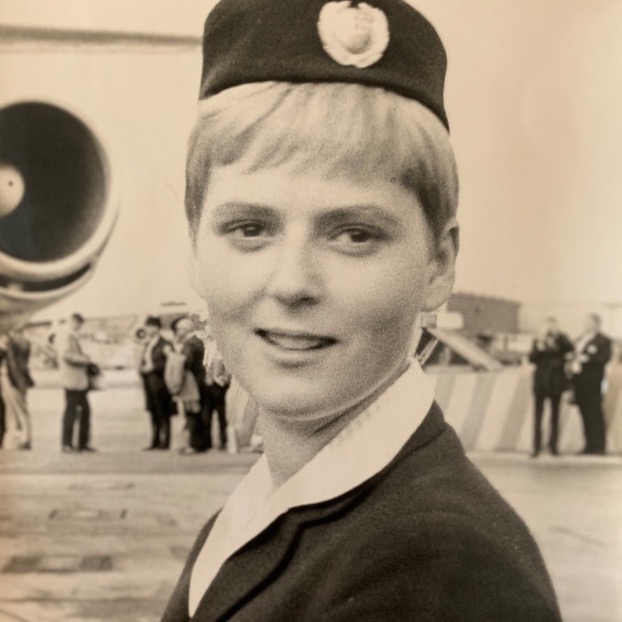
Today I found Jane’s Facebook page. I might not have recognized her, except that her profile picture, in an SAS ground hostess uniform, was taken around the time I knew her – 55 years ago – one of Facebook’s positive attributes in bringing friends back together.
I’ve always related better to women than men. This is just one instance, but I know the story has legs. Time blurs memory. I know Maggie had an unhappy marriage to a Danish admiral who committed suicide. She had no children of her own, but raised Helle, Jane’s mother. When Helle left town she left Jane too, and Maggie adopted her. These relationships are a mystery, but without this weird setup I would never have met Jane.
As my friendship with Maggie grew, she introduced me to Karen Blixen’s writing, told me of their friendship, and showed me her house at Rungstedlund. I began to read her work, especially Seven Gothic Tales and Out of Africa and was mesmerized by her personal style. Lately, while reading about Beryl Markham, the first person to fly east to west across the Atlantic, I discovered that she and Karen were friends in Africa, and that they were involved in a love triangle with Denys Finch-Hatton, the safari guide/pilot who gave Markham her first flying lessons.
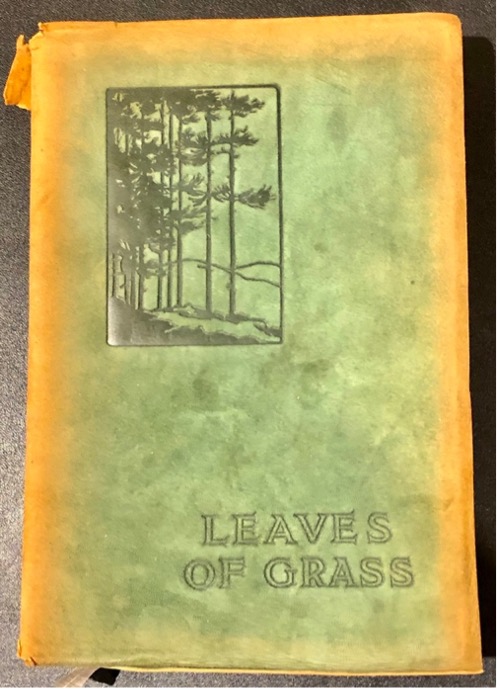
When Maggie learned of my interest in literature, she gave me her soft leather-bound copy of Walt Whitman’s Leaves of Grass, a book she had given her father in 1922 but got back when he died. Today, I learned that Finch-Hatton gave the same book to Karen Blixen. Another mysterious coincidence. Sadly, I’ve let the soft leather deteriorate but I’ve found a talented book binder who has done some minor repairs and is building a beautiful box to keep it in.
Jane and I are catching up on the long break in our friendship thanks to Facebook. Six degrees of separation doesn’t begin to unravel these mysterious, complicated, serendipitous, encounters.
Karen Blixen had it right, but it isn’t only the women of Denmark who think coffee is “what the Word of the Lord is to the soul.” My friend,Todd Rippo, owner of Java on Fourth in Ketchum, Idaho serves a special coffee called a “bowl of soul.” I think of him often as I’m brewing my morning latte.
